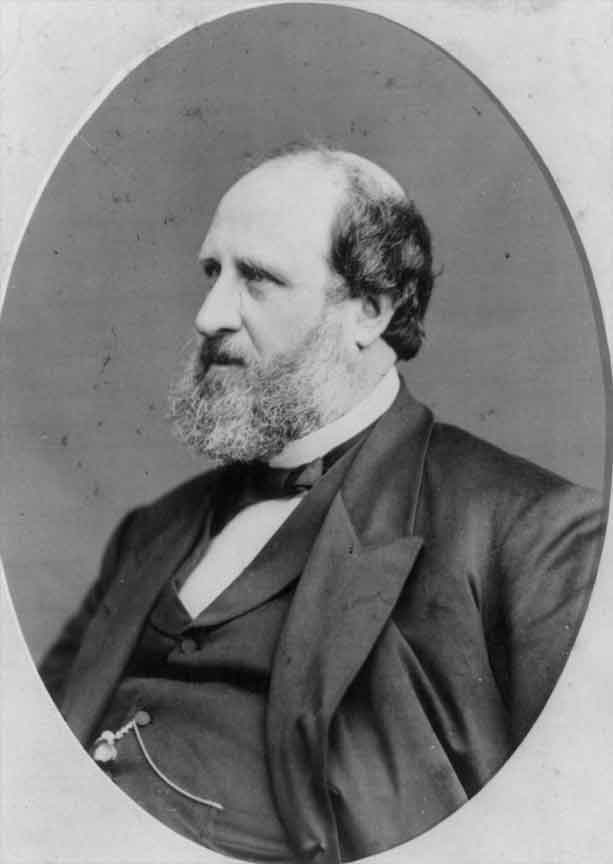Tweed Corruption in New York

Boss Tweed
William "Boss" Tweed, the head of what had became known as Tammany Hall, was exposed of having stolen between $75 million and $200 million from the city over the years. The exposure of such large scale corruption helped propel the movement for reform in American politics.
William Tweed was but one of many big city political bosses. These bosses ran a government which was a power unto itself. It would insure itself political support by handing out jobs to its supporters and helping them with various problems they had with government. The bosses were particularly adept at gaining support from new immigrants.
In addition, the political bosses used their power to steal from the local governments. The most notorious was William Tweed. One example of his corruption was a three story townhouse which he charged the city 12.5 million for building; approximately 20 times its actual cost. By 1870 it was estimated that Tweed was worth $20 million. In the Spring of 1871 Tweed hosted the most ostentatious social event of the period the wedding of his daughter Mary Amelia. It was estimated that the newlyweds received gift worth at the time $750,000.
Proof of his corruption mounted, but Tweed made sure that the newspapers reported little of it. Even President Grant became involved in trying to stop Tweed, sending the 8th infantry and two warships to New York to ensure a fair election in the hope of unseating Tweed’s supporters, but they won reelection in 1873 in any case.
There were people who were carefully recording Tweeds embezzlements, and after one of Tweeds partners who was a Director of the NY Times died the paper began to investigate Tweed. It began printing an expose on his activities. A committee of 70 was formed to fight Tweeds corruption. Congressman Robert Barnell Roosevelt ( Uncle of Teddy Roosevelt ) stated “An aroused and outraged public is not patient” As a result, Samuel Tilden, was appointed as special prosecutor. Tweed was arrested and tried, in the first trial there was a hung jury, in the second he was found guilty and sentenced to 12 years. After a year, the court of appeals reduced the sentence to time served. A new arrest warrant was issued and he managed to escape from detention and flee to Spain. There he was recognized and returned to the US. He offered to turn on many serving politicians in return for a reduced sentence- but for whatever reason his trial kept being put off until he died in jail at the age of 57.
 >
>